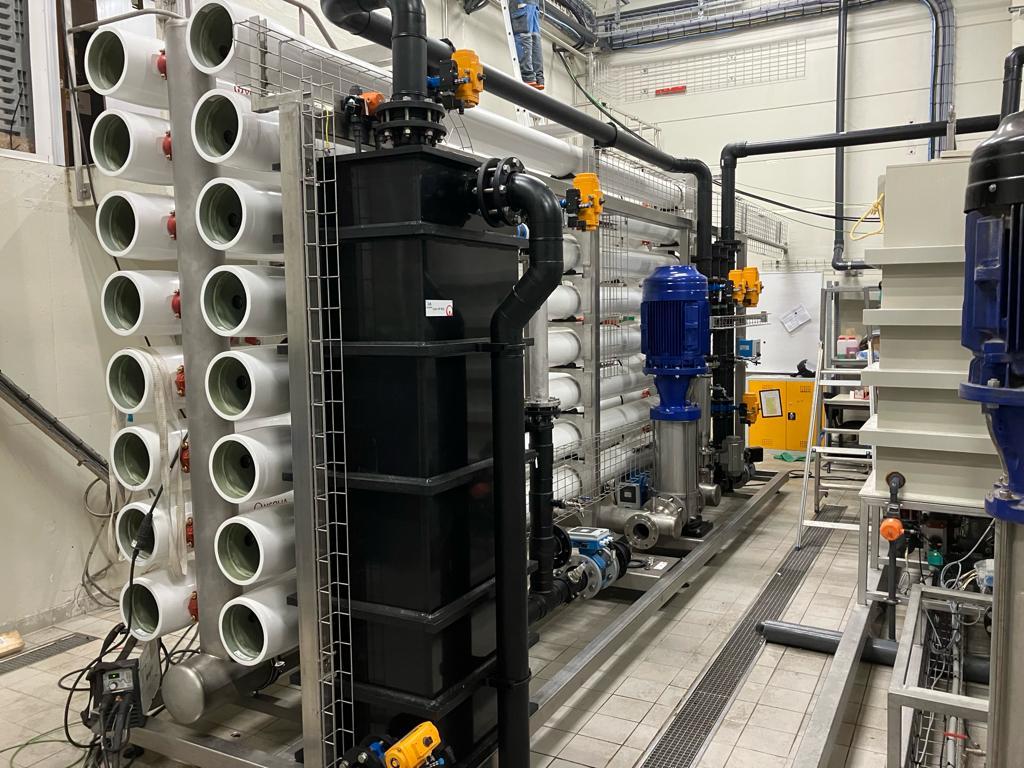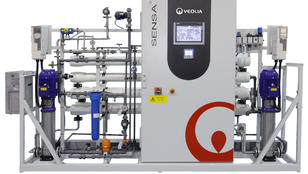Succesverhaal: Hoe een leider in de zuivelindustrie 80% water bespaarde
Succesverhaal: Hoe een leider in de zuivelindustrie 80% water bespaarde
Ontdek hoe Solarec, de zuivelproducent van België, zijn impact op het milieu veranderde door innovatieve wateroplossingen.

Blader door producten
Laatste nieuws

Press Release

Press Release

Naar een duurzamere voedselproductie
Ontdek hoe het optimaliseren van waterhergebruik en afvalwaterbehandeling de ecologische voetafdruk van uw industriële site kan verkleinen.







